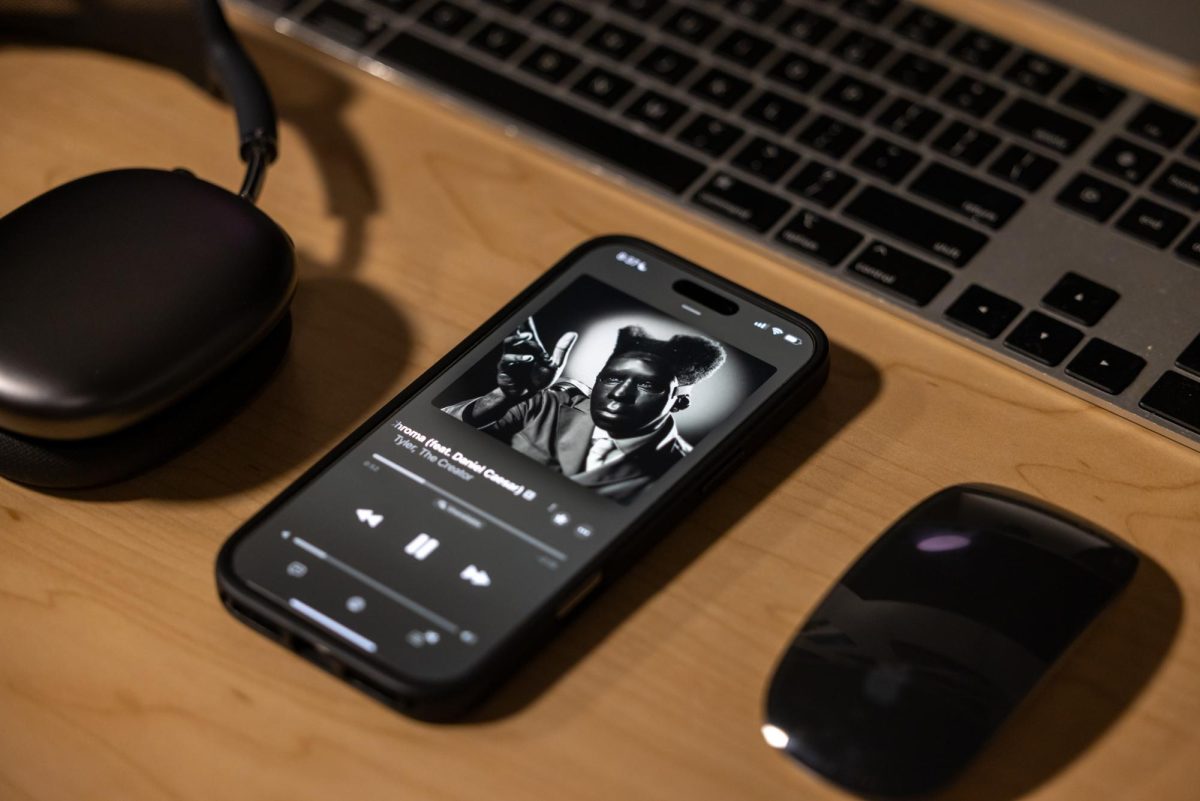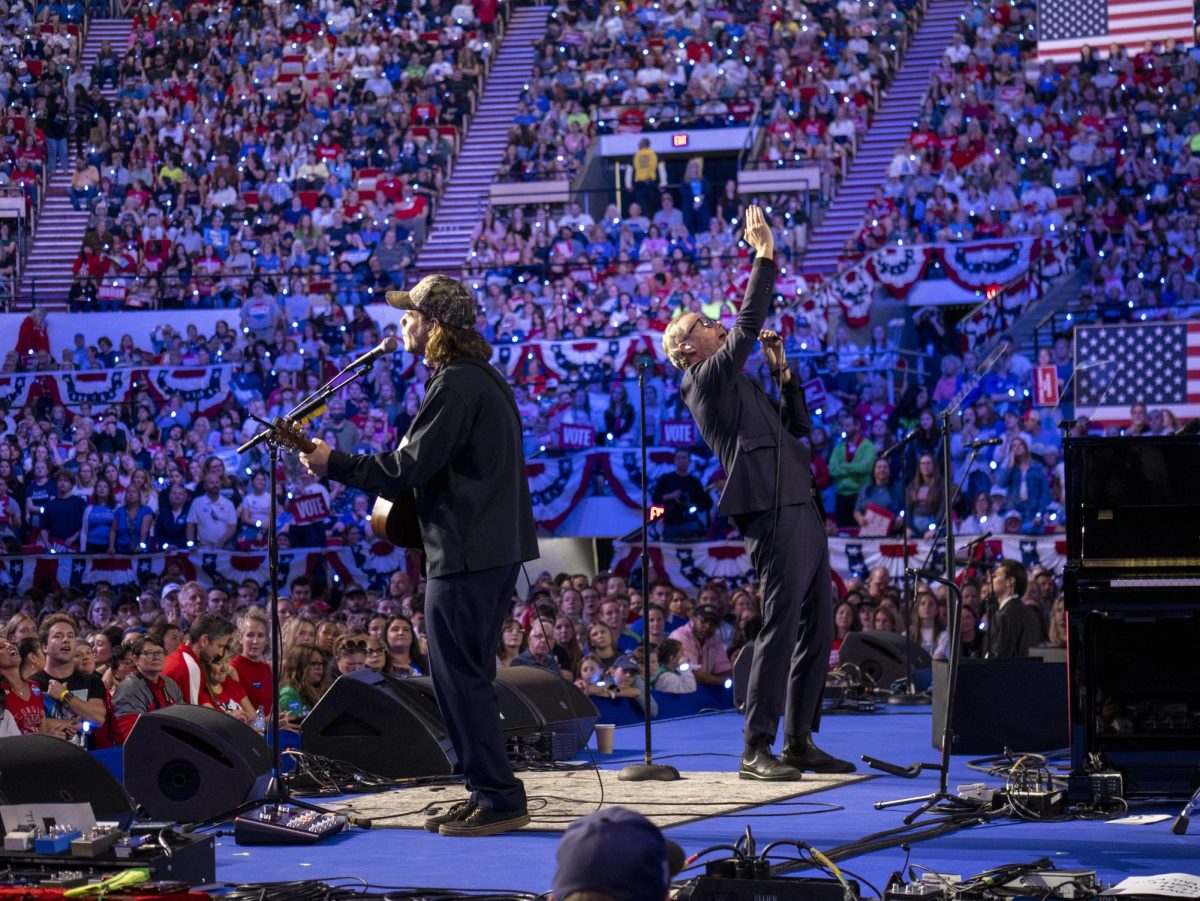The Bartell Theatre hosted a startlingly original and relevant new musical this week. Produced by the University of Wisconsin’s student-run InterMission Theatre, “Broadcast: The Musical” takes place during the dawn of radio, a time of innovation and growth affecting all areas of society, from inventors to salesman to the military and people at home.
The musical explores the relationship between the human connection and technological development, positing questions relevant to today’s society in the process.
The show featured an impressive set design, bringing the audience to a time before our clean, sleek technologies. The periodic transformations of the actors into new characters demonstrated impressive acting skill and allowed the play to span across a wider timeline, exploring the different ways society was affected by the breakthrough of radio. However, this technique also led to the play feeling somewhat fractured, and made it difficult to connect to a central protagonist. At times, different storylines became difficult to follow, as separate plots happen concurrently on stage, and conversations stop, start and overlap in confusing ways.
Still, a variety of entertaining and poignant scenes made up for these slight narrative drawbacks. In one, two women set a dinner table and passive-aggressively argue about which of their husbands made a larger contribution to the advent of radio, singing about “polite society” while seemingly fighting the urge to flip the table over in anger.
In another, a woman is being wooed by her boyfriend over the radio. She wants to respond and tell him how she feels and comically attempts to talk through her speakers. Unable to be heard, she departs. The singer proposes marriage following her departure, and ends up doing so, purportedly, “to the whole community.”
Scenes such as these demonstrate the ways in which people are forced to change with the advent of new technologies. The limitations of human interaction through one-way communication platforms are clearly evident, as the characters struggle to make sense of each other in new media. Although the singer in this scene was able to reach an entire community through live broadcasting, the meaningfulness of that interaction was lost, shall we say, in transmission.
Just as people originally saw the Internet as a democratic and equalizing form of communication, “Broadcast: The Musical” places an emphasis on the people’s belief that with radio, everyone’s voice would be heard. This theory becomes negated when they go on to show NBC taking over the radio business and moderating the new technology.
In one of the final scenes, a woman is shown glued to an early television set. She struggles to peel her eyes away to respond to her son, foreshadowing the possible negative implications of future technological development.
At its heart, “Broadcast: The Musical” raises important questions. Rather than being a feel-good, “driving off into the sunset in Greased Lightning” kind of play, it addresses issues of communication and technology we’re still trying to answer today. Do we participate in technological progress, or are we subject to it? In extending our communicable reach, do we lessen its meaningfulness?
Entertaining and enlightening, modernly poignant and historical, “Broadcast: The Musical” exceeds expectations. With any luck, Madison theatergoers will be granted the opportunity to attend the show in future productions. If not, at least InterMission Theatre will be around to provide the best in student-run theatrical entertainment.













